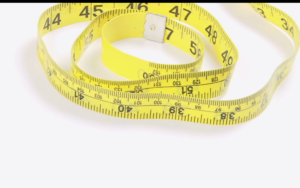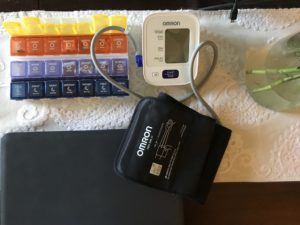Most people say their doctor. Some say their spouse. Others say a family member or someone else. But if YOU are not taking care of your blood pressure, you are missing an opportunity to improve your health.

What Gets Measured Gets Managed
When you measure your blood pressure at home, you get information to help you look at your health in a new way. If you don’t measure your blood pressure then you may not have any idea of your true blood pressure.

The Most Accurate Home Blood Pressure Monitoring
There have been many studies conducted in the United States, Europe, Japan, and Italy that have shown that home blood pressure monitoring is the as reliable as ambulatory blood pressure monitoring.
Ambulatory monitoring is the use of a blood pressure monitor for 24 hours measuring blood pressure every 15-20 minutes and providing a daytime and nighttime average. It has been shown to be the most accurate blood pressure monitoring.
You probably have never heard of an ambulatory blood pressure monitor because it is not readily available. Not many doctor’s offices provide ambulatory blood pressure monitoring. Another problem is that ambulatory blood pressure monitoring is expensive. It could cost up to $1000 for the 24-ambulatory monitoring.
No need to use an ambulatory blood pressure monitor because home blood pressure monitoring twice a day is just as reliable. The only issue is you won’t get a night time average.

Importance Of A Daytime and Nighttime Measurement
There are dippers and non-dippers. If you are a dipper, your blood pressure is lower at night than in the daytime. However, if you are a non-dipper, your blood pressure stays about the same day and night. Dippers are at least risk for cardiovascular disease and stroke.
The nighttime average is important because if you are a non-dipper, your cardiovascular health could be in trouble. While it is important to know if you are a dipper or non-dipper, and ambulatory monitoring would be useful, home blood pressure monitoring may detect this as well if you take your blood pressure in the morning and nighttime.
So, who’s taking care of your blood pressure after the estimated 15-20 minutes you spend with your doctor or healthcare provider each year. It better be YOU! What are you going to do?